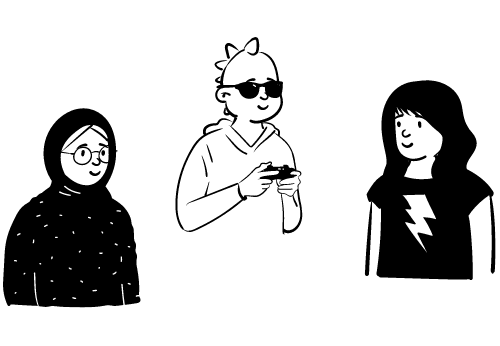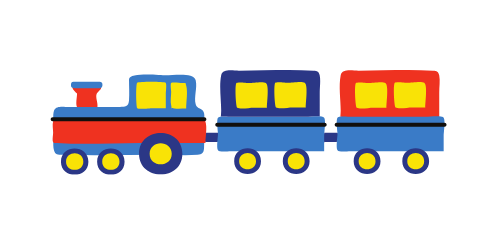If you are currently a youth in crisis, please contact the Kids Help Phone by calling 1-800-668-6868 or text 686868.
Child sexual abuse includes a wide range of behaviours and situations — offences can range from one-time occurrences to multiple experiences; from one offender to multiple offenders; with or without the use of violence. Offences can also vary from non-contact sexual offences, such as voyeurism or exposing a child to pornography, to hands-on sexual offences.

- According to research, 1 in 10 Canadians reported being sexually abused before they turned 18.
- In the majority of child sexual abuse cases, the offender was known to the child.
- The majority of adult survivors of child sexual abuse report that they did not disclose the abuse to anyone when they were children.
How does child sexual abuse happen? One word sums it up — manipulation. Offenders’ manipulations (also known as “grooming”) are wide ranging, and can include offering up appealing items such as bribes, gifts, and games, but generally involve moving children into vulnerable positions and finding legitimate ways of spending time with them alone.
Manipulation is also about building and developing an emotional connection, making the child feel special, and then using that trust to exploit and control the child. Survivors often say that this betrayal of trust was the most devastating part of the abuse.

The most common response to child sexual abuse is silence. Children often avoid telling someone about sexual abuse because they are confused about what has happened and are afraid they won’t be believed or worry about what a disclosure may do to their family. Disclosure is a process and can come out in many different ways. Some blurt it all out, while others may let out small bits of information at a time to gauge reaction.
While a disclosure or uncovering of a child’s sexual abuse is distressing, support from a caregiver(s) is key to their recovery. Children who feel supported, nurtured, and safe when disclosing abuse have the most successful recovery and future adjustment.
(Source: Canadian Centre for Child Protection)
Community Connections:
Big Brothers Big Sisters of Colchester
309-Hwy 311, North River, NS
Phone: 902-895-4562
Big Brothers Big Sisters provides mentorship for hundreds of children and youth in Colchester/East Hants each year.
Boys & Girls Club of Truro and Colchester
40 Douglas Street (rear entrance), Truro, NS
Phone: 902-895-5008
The Boys & Girls Club is there to provide a safe, supportive place where children and youth can experience new opportunities, overcome barriers, build positive relationships and develop confidence and skill for life.
Maggie’s Place (Colchester)
1027 Prince Street, Truro, NS
Phone: 902-895-0200
Maggie’s Place is a non-profit organization run by a volunteer Board of Directors made up of a network of community volunteers and parents interested in supporting families with young children.
Youth Project
2281 Brunswick Street, Halifax, NS
Phone: 902-429-5429
The Youth Project is a non-profit charitable organization dedicated to providing support and services to youth, 25 and under, around issues of sexual orientation and gender identity. They have a provincial mandate so although we are located in HRM, they travel around the province to meet with youth in other communities. They provide a variety of programs and services including support groups, referrals, supportive counselling, a resource library, educational workshops, social activities. The Valley Youth Project is the branch in the Annapolis Valley.
External Resources:
Love is Respect: Healthy relationships for young adults — This is a great web resource for youth. There are quizzes and interactive activities and downloadable handouts available on everything from “Dating Basics” and your “Relationship Rights” to information on “Social Networking Safety,” “Sexting and Texting,” and types of abuse.
Teen Mental Health Glossary [PDF] — A glossary written for youth, families, and friends of those living with a mental disorder. Created to help young people and families understand the terms commonly used by doctors and nurses.
Are You Coping With Suicidal Thoughts? [PDF] — This booklet is for youth who are experiencing suicidal thoughts and don’t know what to do about them. It provides information and resources about how to get help and why you should choose to stay alive.
TeenMentalHealth.org — This website is designed for teens to learn about mental health, mental illness, suicide, self-harm, stress, and how to developing healthy coping strategies.
Kids Help Phone — This website connects you to phone, text, or Facebook messenger support for kids and teens. Kids Help Phone is always there for you. No matter what you want to talk about, they’re there to listen. No judgment, totally private, 24/7.

